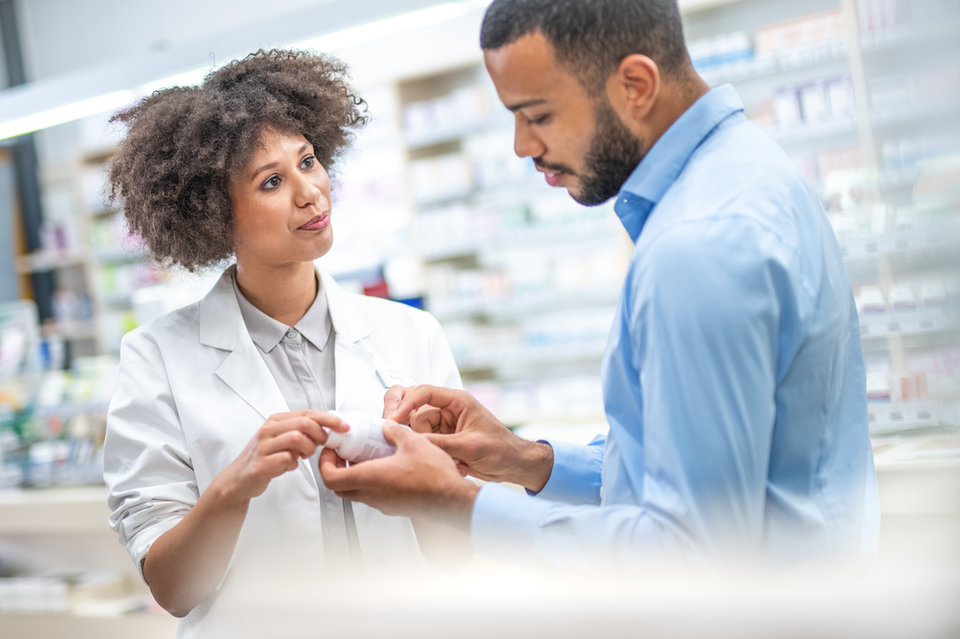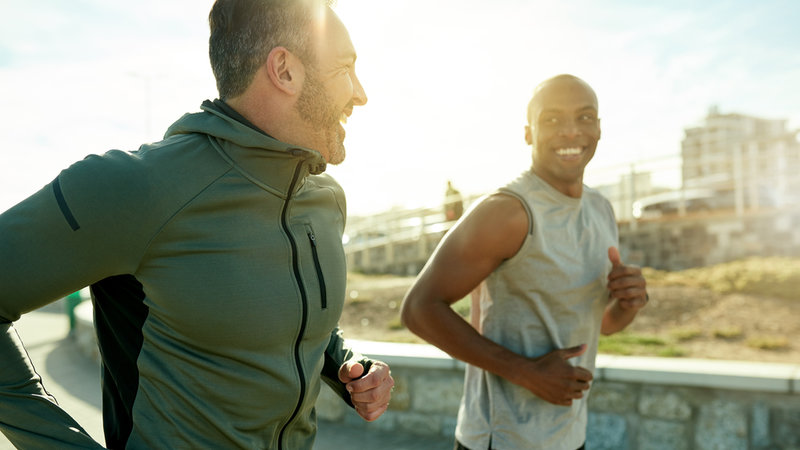

fact or fiction:
Urethral Strictures
have no cure.
False. A urethral stricture is an abnormal narrowing of the urethra, the thin tube that makes it possible to pass urine outside the body. It occurs when a scar from swelling, injury or infection blocks or slows the flow of urine. There are many treatment options for urethral stricture. For milder cases, the doctor may recommend “watchful waiting” to see if it heals on its own. Dilation is another treatment option. This is where the doctor enlarges the stricture or narrowing with gradual stretching. There are also surgical options. For example, in one type of minimally invasive surgery, urethrotomy, a special tool is used to remove scar tissue and open the area of blockage. Cure rates are high for “open” surgery in appropriate cases.


fact or fiction:
Taking Erectile Dysfunction (ED) medication is safe without seeing a doctor.
False. The Food and Drug Administration (FDA) warns consumers not to buy unapproved drugs to treat ED because they may include harmful ingredients not listed on the label. They may also contain doses that could be unsafe for some patients, including the elderly and those with decreased liver and kidney function. Some of the supplements can also interact with prescription drugs. This can lead to dangerously low blood pressure. These products can be harmful for anyone who takes nitrate medication, such as people with diabetes, high blood pressure, high cholesterol or heart disease. It is important to talk to your doctor before taking any medications.


fact or fiction:
You can be active
with an ostomy.
True. You can do many activities with an ostomy, a hole created in your abdomen by surgery that allows urine or stool to exit your body. Such activities can include running, swimming, golfing and sexual activity. Contact sports with a high risk of injury aren’t recommended. Talk to your doctor about what activities are safe for you. You can use a special belt or binder to hold your ostomy bag in place for running or swimming. And for lifting weights, your doctor may recommend a device to support your abdomen. Again, talk to your doctor before you start any new activity.

UrologyHealth.org | SUMMER 2021 | UROLOGYHEALTH extra